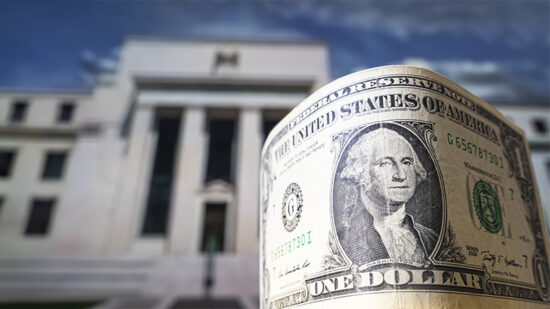“The trend for emerging market currencies has changed following Brexit. We expect to see further weakness in these currencies, as the dollar has been strengthened,” Eddie Cheung, FX strategist for global research of the bank, told International Adviser’s sister publication Fund Selector Asia.
After Brexit, the bank said it now expects the renminbi to be at $6.67 (£5.08, €6.06) to the US dollar by the end of 2016, versus its previous forecast of $6.56, according to Cheung.
He expects the renminbi to be at around $6.7 by the end of 2017.
Due to China’s strong trade links in the region, its currency movements can have a substantial impact on the currencies of Asia’s other emerging markets.
Bond impact
Investor interest for onshore issuance should remain due to the attractive yields relative to bonds issued by other emerging market countries, he added.
“I believe the RMB will remain relatively stable and so I don’t think this should affect the investment interest in China’s onshore bonds.”
His view is in contrast to UBP Asset Management, which sees currency as the key risk to trading domestic RMB bonds.
Cheung believes that the increase in onshore bond defaults are not a systemic risk, though the level of risk is dependent on how orderly authorities manage the defaults.
Defaults of onshore bonds are seen as something positive for the Chinese market, as the government has stopped providing support to those state-owned companies with financial problems. “This is a healthy development in the long term.”
Cheung said the biggest risk for the RMB is the trajectory of the US dollar, as the greenback has the most significant weighting in the central bank’s basket of 13 currencies, which is based on international trade.
Bond defaults in China have become a top concern among foreign investors, while asset manager opinion has been mixed. Pinebridge said China offshore bonds may default, following their onshore counterparts, while Vanguard Investments in Hong Kong believes that the Chinese policymakers are capable of preventing a credit crisis from happening. HSBC, like Standard Chartered, believes the defaults of over-leveraged companies are healthy for the market.








